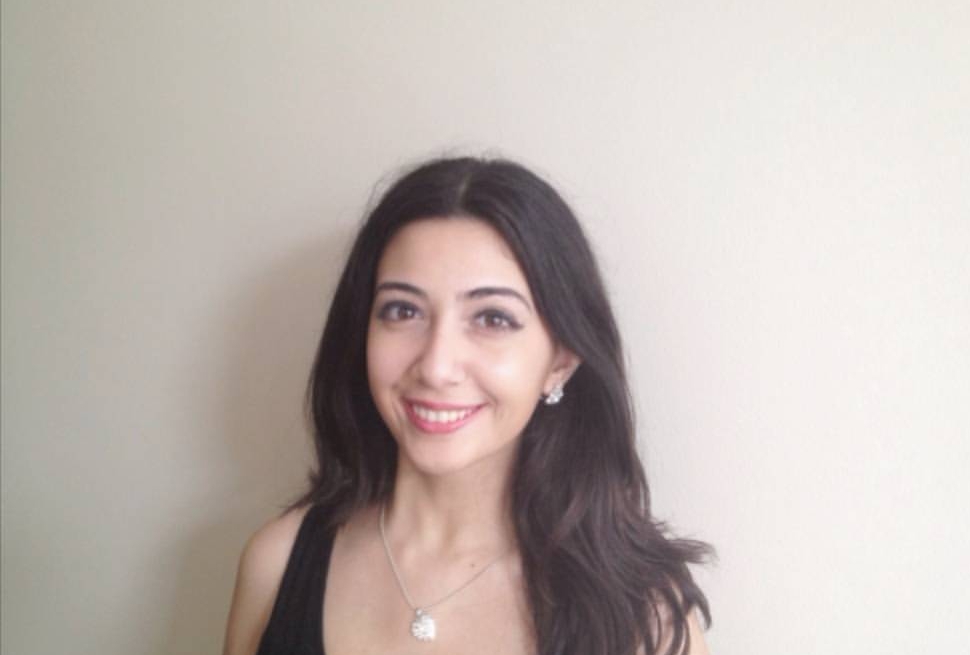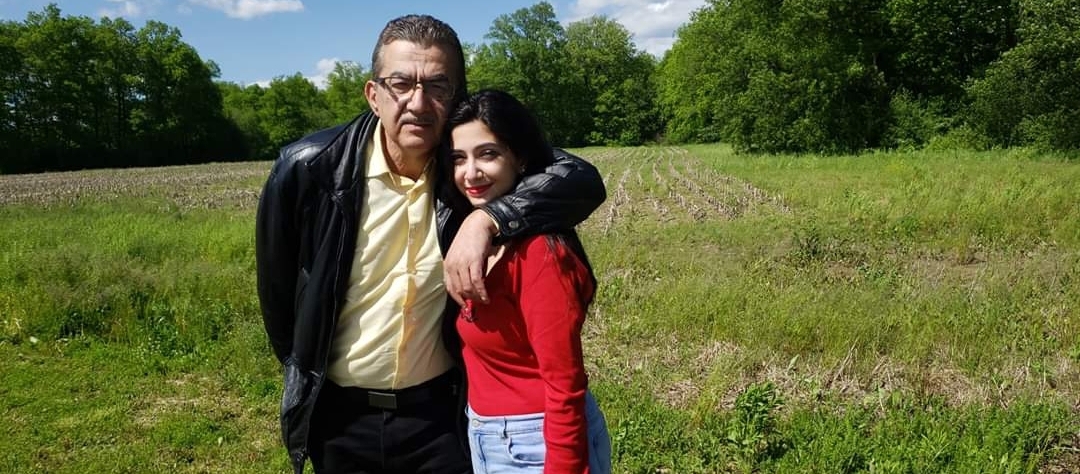
Zahraa Al-Ahmad moved to Canada from Syria when she was eight years old. Photo © courtesy of Zahraa Al-Ahmad.
Zahraa Al-Ahmad was born in Syria and moved to Canada when she was eight years old. She tells that she left her home country before Syria’s Civil War started.
Al-Ahmad became more interested in studying refugee issues because of a graduate course she took with James Milner, LERRN’s director.
“During this course, I think I really expanded my knowledge on refugee issues and the shortcomings of the UNHCR as well as the limits on its abilities,” says Al-Ahmad.
She will be going to Lebanon and the reason why she chose the country is because of her interest in Middle Eastern politics and her knowledge of their history.
“I’m very familiar with the issues that Syrian refugees face within Lebanon,” says Al-Ahmad. “I think my knowledge applies the best to the Lebanon case.”
Al-Ahmad started as a biology major at York University, but after taking a political science course she realized that she had a strong passion for it. She then switched to political science and later on also decided to pursue a master’s degree at Carleton University.
She says that what she likes the most about LERRN is that students get to interact with scholars and academics within the Global South.
“You really have to interact with the people on the ground in order to sort of come up with viable solutions and viable policy options,” she says. “I’m really looking forward to sort of integrating myself within that team [Lebanon team] because it’s this idea that there should be an interaction between people from the global North and the Global South. I’m really looking forward to learning from them, as well as applying my own knowledge of the issues in Lebanon.”

Zahraa Al-Ahmad and her father near Toronto, Ontario. Photo © courtesy of Zahraa Al-Ahmad.
Al-Ahmad has never been to Lebanon but tells that she has studied the political situation in the country and the situation of the refugees.
“I think that history greatly shapes its [Lebanon] current policies right now. It greatly shapes the limits of the Lebanese government as we speak. And. I’ve been familiarized with sort of the precarious status that Syrian refugees have been given within Lebanon,” she says. “I’m so happy to be working with this project. It’s just like you’re doing something that is meaningful.”